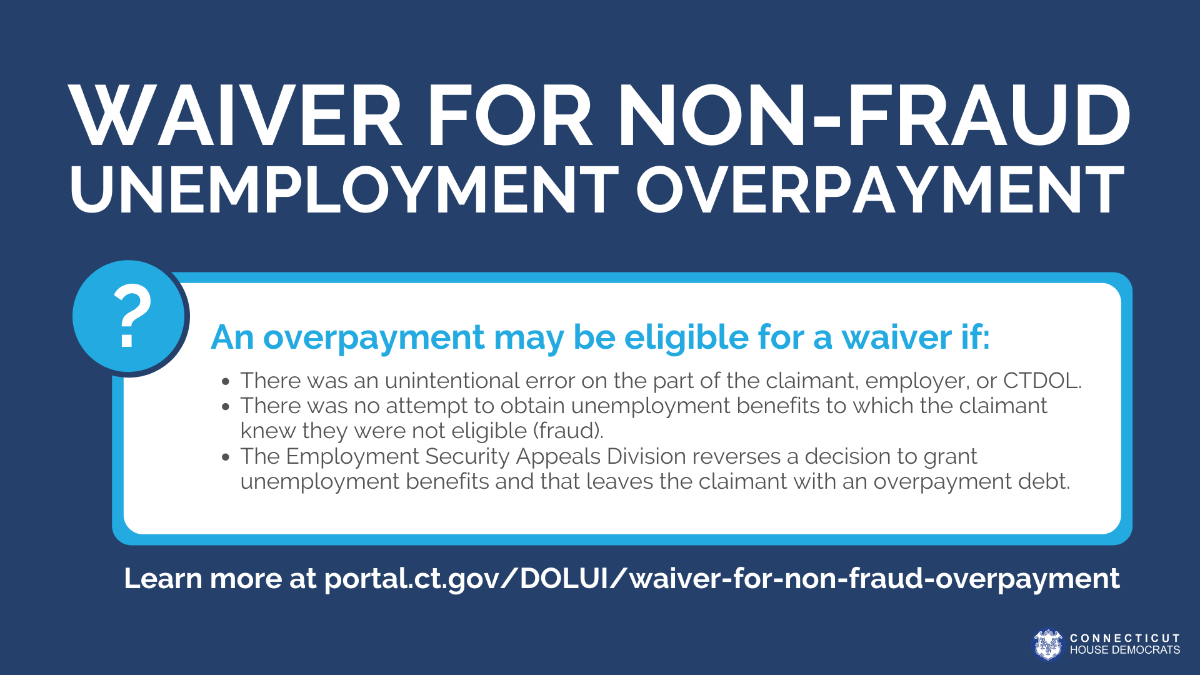| Addressing climate change and protecting our environment are issues that affect everyone in our state, nation and world today. With violent storms, temperatures, and sea levels all increasing, we owe it to ourselves and to future generations to act urgently.
Prior to the start of the 2021 legislative session earlier this year, House Democrats pledged to support policies that would help cut our carbon footprint, reduce the use of harmful chemicals, find equitable and efficient ways to handle solid waste management, promote environmental justice, awareness and education, and protect our state’s precious ecosystem for future generations. Thanks to the work of the Environment Committee and advocates across the state, we fulfilled those commitments.
Below are just a few environment-related bills that became law this year:
S.B. 1037, AN ACT CONCERNING SOLID WASTE MANAGEMENT (a.k.a the “Bottle Bill”)
|
The General Assembly took action on updating Connecticut's bottle deposit program to encourage residents to recycle and keep our beautiful parks, beaches and streets clean. |
|
This law, which passed on a bipartisan basis, includes several provisions aimed at updating the bottle deposit program and increasing redemption, such as:
- Increases the deposit on beverage containers from 5 to 10 cents starting January 2024;
- Requires certain retailers that sell beverage containers now included in the bottle program to have two reverse vending machines outside of their stores starting in October 2021;
- Effective in January 2023, updates the types of beverage containers included in the bottle program, such as containers for teas, juices, hard ciders, and hard seltzers;
- Allocates $5 million through the Department of Economic and Community Development (DECD) to create a grant program for new redemption centers in urban areas, and;
- Creates a nickel surcharge on nip bottles, which are a major source of litter in towns across the state, at the point of sale. The money will be redistributed to Connecticut towns and cities to use to reduce waste and litter.
This common-sense modernization of the bottle deposit program is one of the most significant pieces of environmental legislation in decades and will go a long way toward cleaning up our communities, reducing waste, and providing people in cities and towns across Connecticut with greater access to redemption facilities.
CLICK HERE for more information about this law. |
|
| H.B. 6441, AN ACT CONCERNING CLIMATE CHANGE ADAPTATION. |
|
| Combatting and adapting to climate change must be priority in the coming years. This law helps provide Connecticut's towns and cities with the resources needed to effectively to combat this threat by expanding the Green Bank (which helps create jobs and increase economic development in communities by investing in clean renewable energy projects) and supporting coastal resiliency projects.
CLICK HERE for more information about this law. |
|
H.B. 6580, AN ACT CONCERNING AGRICULTURAL EDUCATION PROGRAMS.
Teaching children to lead a healthy and sustainable lifestyle requires covering the importance of locally grown and produced food and a better understanding of the agricultural industry. HB 6580 expands students' opportunities to learn more about food and agriculture through education programs.
CLICK HERE for more information about this law.
S.B. 999, AN ACT CONCERNING A JUST TRANSITION TO CLIMATE-PROTECTIVE ENERGY PRODUCTION AND COMMUNITY INVESTMENT.
Investing in the in-state clean technology workforce is a critical component to combatting climate change in the years to come. SB 999 creates continuity standards across the renewable energy industry resulting in several well-paying jobs for Connecticut residents.
CLICK HERE for more information about this law.
| S.B. 837, AN ACT CONCERNING THE USE OF PERFLUOROALKYL OR POLYFLUOROALKYL SUBSTANCES IN CLASS B FIREFIGHTING FOAM.
The continued use of forever chemicals like PFAS, which is often found in firefighting foam, pose a significant environmental hazard (in June 2019, the state saw a spill of PFAS containing foam threaten the Farmington River). To better support and protect our environment, SB 837 takes critical steps to reduce our use of PFAS.
CLICK HERE for more information about this law.
S.B. 840, AN ACT CONCERNING CONNECTICUT'S SHELLFISH RESTORATION PROGRAM, THE CONNECTICUT SEAFOOD COUNCIL AND THE TAXATION OF CERTAIN UNDERWATER FARMLANDS.
A new law extends Connecticut’s PA 490 program to certain aquaculture operations, including underwater farmlands and waterfront property used for commercial shellfishing. The PA 490 program allows farm, forest, open space, and maritime heritage land to be assessed for property tax purposes based on current use value rather than fair market value. In exchange for the reduced assessment, the property owner cannot change the land’s use for a period of time. |
|
CLICK HERE for more information about this law.
I look forward to continuing our fight to address climate change and protect our environment in the 2022 Legislative Session. |

